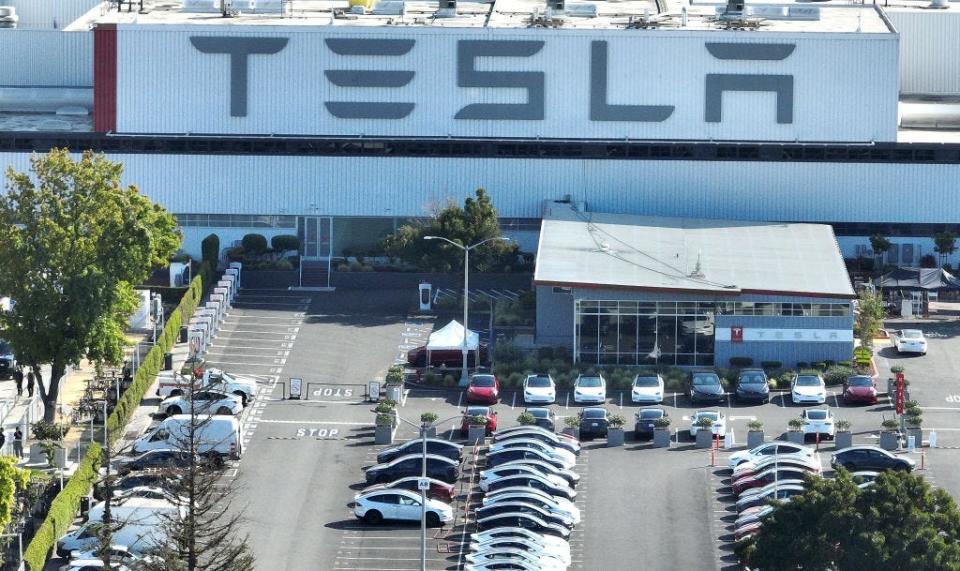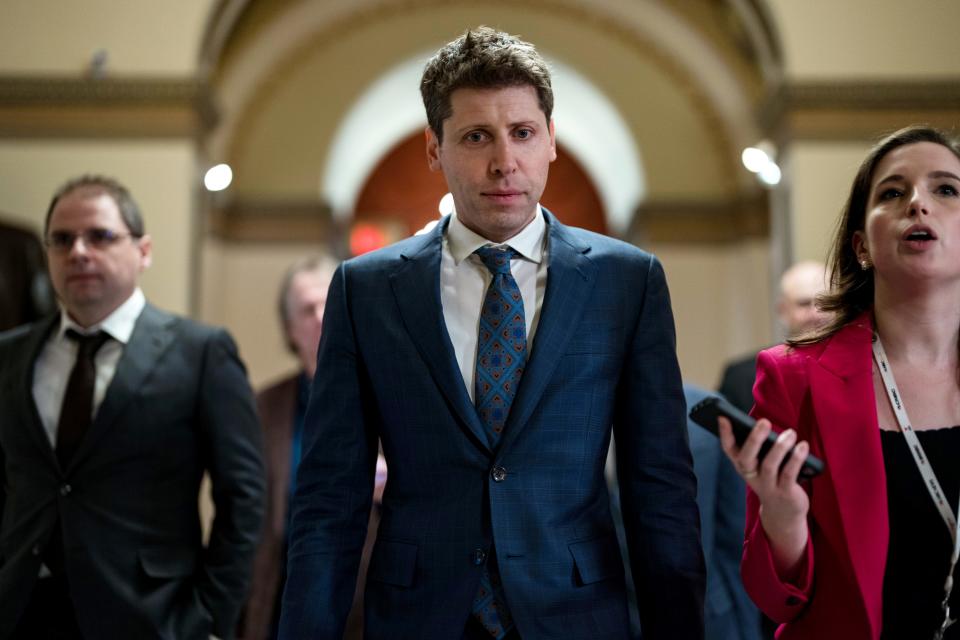Elon Musk's having a terrible year
Elon Musk and some of his companies are having a difficult year.
Tesla's delivery numbers slumped Tuesday amid a "nightmare" quarter.
Musk has also faced setbacks at X, and experts say his suit against OpenAI doesn't look promising.
2024 has been off to a rough start for Elon Musk.
It seems like he's been taking blow after blow — from a judge striking down his $55 billion pay package in January to Tesla's difficult first quarter.
Musk's golden child, Tesla, has been facing headwinds in recent months. On Tuesday, the electric-car maker's first-quarter delivery numbers revealed a significant slump — well below Wall Street's lowest estimates. Tesla deliveries in the first quarter fell 20% from the previous quarter and over 8% from the same time the previous year, marking the company's first year-on-year sales decline since 2020.
In a press release, Tesla blamed the decline in deliveries on its production ramp for its refreshed Model 3, as well as an arson attack at its factory in Berlin and supply-chain issues caused by the Red Sea conflict.
Tesla's stock was down more than 5% on Tuesday and has declined nearly 30% over the past year.

Dan Ives, a Wedbush tech analyst, said in a note Tuesday that the carmaker's first quarter had been an "unmitigated disaster" and a "nightmare" for Tesla. It faces mounting competition in the Chinese electric-vehicle market, including from BYD, which has been vying with Tesla for the title of top EV seller. Ives, a longtime Tesla bull, said in his note that the company could face "darker days ahead" if Musk couldn't turn it around and regain investor confidence.
In the US, Musk's company is facing softening demand from consumers, who appear to be growing increasingly irked by Musk's antics. A recent report from the market-intelligence firm Caliber found that the number of people surveyed who'd consider buying a Tesla fell to 31% in February — that's down from a high of 70% in November 2021.
"The issue around Twitter and Elon's personal views on politics and other things in the world have really turned off a lot of potential buyers," Colin Rusch, an Oppenheimer stock analyst, told CNBC on Tuesday. "Folks that had been buying EVs specifically around climate are backing away from buying Tesla."
For his part, Musk has said Tesla is "between two major growth waves." But it's unclear when the automaker will step out of the slump. The Tesla CEO has said "we dug our own grave" with the production ramp-up of its first truck, the Cybertruck, and he's already making plans for what sounds like an increasingly ambitious second-generation Tesla Roadster.
More bad news
Tesla isn't the only spot of bad news for Musk. The billionaire has been facing headwinds on multiple fronts. Since the year started, Musk's fortune, which is largely based on his Tesla holdings, has dropped $40.5 billion, or 17.7%, according to the Bloomberg Billionaires Index.
Thus far, Musk's purchase of Twitter doesn't appear to be going according to plan. In February, Fidelity once again lowered the value of its stake in Musk's social-media company — the drop amounts to an about 73% decline in the site's value since Musk bought Twitter in 2022 for $44 billion.
X is shedding advertisers and faces tens of millions of dollars' worth of lawsuits from the employees Musk terminated when he slashed the company's workforce in half.

Meanwhile, legal experts say Musk's own lawsuit against OpenAI and its CEO, Sam Altman, is likely a losing battle and might not even make it to trial.
A judge recently tossed out a lawsuit Musk's X filed against a research group, saying the suit was an attempt to bully the social-media site's critics into silence. X had argued that the nonprofit Center for Countering Digital Hate had violated X's policies by gathering data for reports indicating a rise in hate speech on the platform — something that could keep big-name advertisers from spending on the platform.
Some bright spots
While it has certainly been a difficult year for Musk, there have been some bright spots.
Most notably, SpaceX successfully launched the Starship into space last month during its third test launch. The test had been years in the making, beset by multiple explosive test flights and regulatory hurdles.
Musk's brain-computer-interface startup, Neuralink, also crossed a major milestone earlier this year. After years of Musk promising that Neuralink would soon start human trials, the company implanted its first device in a human and unveiled its first patient in 2024. Neuralink showed off how its device could allow the patient to post on social media, scroll on a computer, and play hours of video games using only his mind.
Read the original article on Business Insider


